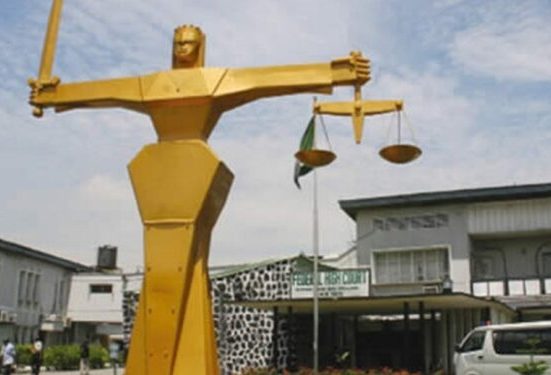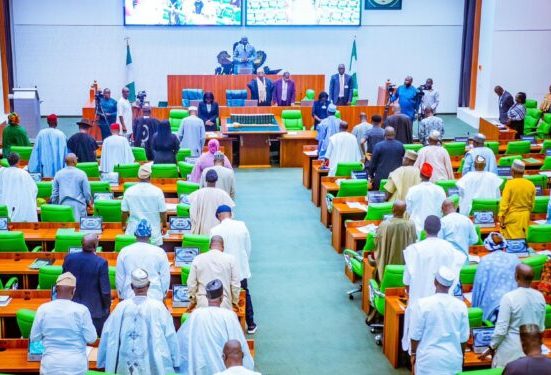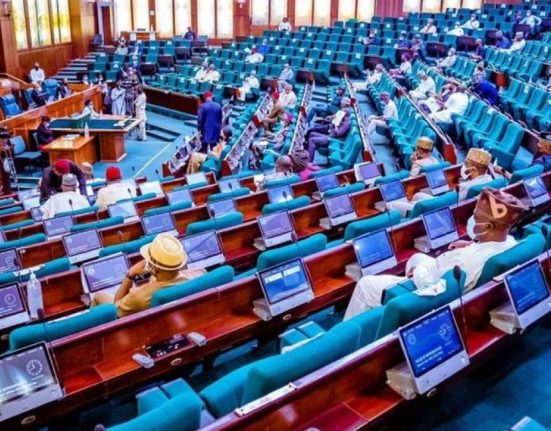The House of Representatives has passed for second reading a bill that seeks to make a first degree the minimum educational qualification for anyone contesting the position of Local Government Chairman in Nigeria.
The bill, which is among 42 bills passed for second reading during Wednesday’s plenary, was sponsored by Deputy Speaker Benjamin Kalu and eight other lawmakers.
Strengthening Local Government Administration
According to the bill’s explanatory memorandum, the proposed amendment aims to enhance the administrative efficiency of local government councils by ensuring that only qualified individuals with the necessary educational background are elected to lead at the grassroots level.
The bill seeks to amend the Nigerian Constitution to improve service delivery, promote transparency and accountability, and strengthen democracy at the local government level.
A copy of the draft bill reveals that Section 7 of the Principal Act has been revised to include a new provision mandating that:
“There shall be for each local government a democratically elected chairman and a vice-chairman, who shall be qualified for election if he is an indigene of the local government, has attained the age of 25 years, and has been educated up to at least the first degree certificate or its equivalent.”
It also states that:
“A person elected to the office of chairman shall not begin to perform the functions of that office until he has declared his assets and liabilities as prescribed in this Constitution and has subsequently taken and subscribed, before the Chief Judge of the State or his nominee, the Oath of Allegiance and the Oath of Office as prescribed in the Seventh Schedule to this Constitution.”
Election and Tenure of Local Government Chairmen
The bill further outlines the election procedure, stipulating that:
“An election to the office of chairman shall be held on a date to be appointed by the responsible electoral body, which shall be held on a date not earlier than 150 days and not later than 30 days before the expiration of the term of office of the last holder of that office.”
Additionally, it provides that:
“A candidate for election to the office of chairman shall be deemed to have been duly elected if the candidate is the only person whose name was submitted to the electoral body for election; and if there is more than one candidate, the candidate with the majority valid votes cast at the election.”
The tenure for the Chairman, Vice-Chairman, and the entire Council is set at four years, with eligibility for one additional four-year term, as provided in Section 7C of the bill.
Procedure for Removal from Office
The bill also outlines the process for the removal of a Local Government Chairman or Vice-Chairman.
Section 7D states that:
“If a notice of any allegation in writing, signed by not less than one-third of the members of the Local Government Legislative Council, is presented to the Speaker, stating that the officeholder is guilty of gross misconduct, an investigation will be initiated.”
The proposal has sparked debate among lawmakers, with supporters arguing that it will enhance governance at the grassroots level, while critics believe it may limit participation in local politics. The bill will undergo further deliberations before it can be signed into law.






